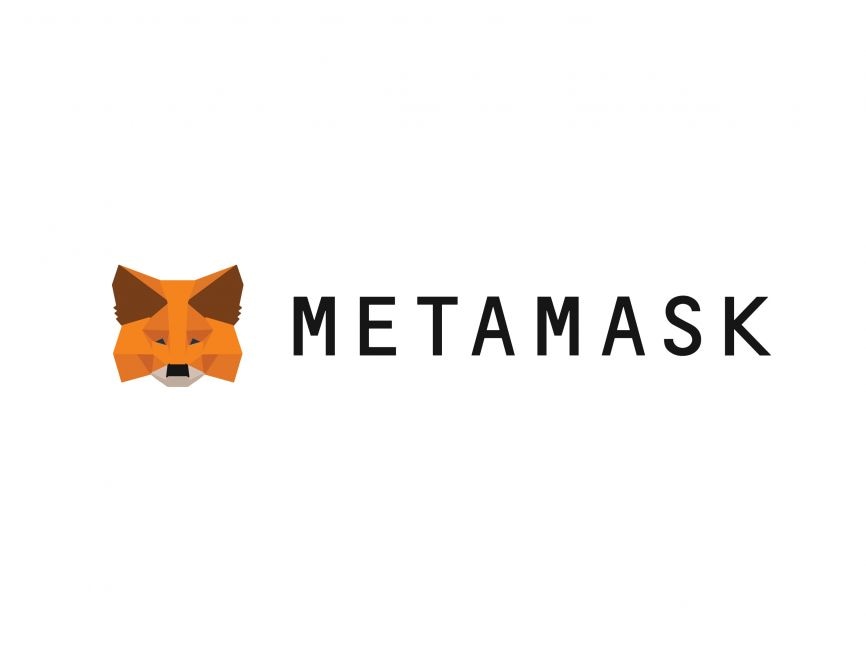The cryptocurrency market was off to the best start this year following the Spots Bitcoin ETF approval. Also, Bitcoin halving is scheduled for April 19th and 20th, 2024, which could be the most significant event yet this year.
Considering the promises Bitcoin holds for its investors, it’s only natural for the rest of the market to fall in line. Big-cap and small-cap altcoins are following the token’s lead, and investors are in for some of the most significant gains before 2024 ends. If you’re looking to buy into the crypto bulls and extend your assets to cryptocurrencies, then you need to start by choosing a wallet. Here’s a detailed guide on how to store your coins using this tool.
What Is a Crypto Wallet?
The concept of a wallet is something everyone is familiar with, so it’s easy to understand what a cryptocurrency wallet is. This application tool serves as an avenue for keeping your assets and portfolio and storing your holdings, which you can access through a passkey that only you should know. Modern crypto wallets are trendy because they make these digital assets available to everyone, regardless of location or demography. Anyone can download, register, and store their holdings through these applications. They can also be used to send and receive tokens easily.
Crypto wallets come in two forms: custodial and noncustodial. In a custodial wallet, an exchange platform holds your private key on your behalf. Conversely, a noncustodial wallet gives you direct access to your keys, which are your login information. They can also be categorized into hot and cold wallets. When your application is connected to the internet, it can be referred to as a hot wallet, while one that isn’t connected to the web is known as cold.
Most hot wallets are often classified as software wallets, and typical examples are browser extensions, desktop apps, and mobile applications. They allow users to stay connected to the blockchain and explore crypto trading platforms and DeFi protocols like staking, swapping, and trading. All hardware wallets are considered cold wallets, except a few. For instance, a USB flash becomes a hot wallet when connected to your computer and the internet. They are primarily physical items used to store a user’s private key.
Factors To Consider When Selecting One
Certain factors should be prioritized when choosing a cryptocurrency wallet. Since this application will house your investments, you can never be too careful. Here are the top five factors on our list.
Security
Security has been a significant dilemma in the crypto space. The decentralized nature of the market makes it easy for people to scam others and get away with it since many transactions are done anonymously. However, you can easily avoid such situations by taking robust security features seriously. Before choosing your preferred application, consider utilities like multi-factor authentication, biometric login features, and other safe and advanced encryption algorithms. These will put you in a better position to safeguard your funds.
UX and UI
Another thing the crypto space is famous for is its complexities and intricacies. We can easily trace some of this confusion to the complex UI and UX of Web3 applications. Look out for friendly interfaces that are seamless and easy to navigate. This will save you a lot of headaches when finding your way around the application, especially as a beginner.
Private Key Control
We highlighted some of the categories of these wallets based on private key control. Some allow you to hold on to your login credentials, while others do not. If you’re a trader who always has things to buy and sell and transactions to carry out, it’s best to have access to your keys so you can easily get in and out of the market. However, if you want to store your assets for a long time, you could consider custodial ownership. The bottom line is to do your research and choose based on the nature of your investment.
Support
In most cases, the value of a crypto project is attributed to how much investors and community support it has. The same goes for these applications. The support behind a crypto wallet shows such projects’ reliability and long-term availability. Evaluate your options and seek community engagement through some of the network’s active forums. The discord channels, Twitter engagements, and other social media platforms will give you an insight into the application’s audience experiences and the level of reliability.
Transaction Fees and Speed
Watch out for options with affordable fees for all your transactions. These fees may vary depending on the blockchain, but a wallet with a fair transaction fee structure is often the way to go. Also, look into these applications’ conversion fees, exchange fees, and storage fees before making a decision. Additionally, ultra-fast transactions should be a priority.
Choosing the Right Crypto Wallet in 2024
The list above is detailed and covers the top factors to consider when choosing. You can also look into more articles detailing top crypto wallets to try in 2024, with an outlook on the pros and cons of each. Customer support, reputation, backup, and recovery options are additional features to remember when selecting. With all of these in mind, you have all you need to choose the appropriate cryptocurrency wallet for your portfolio.

